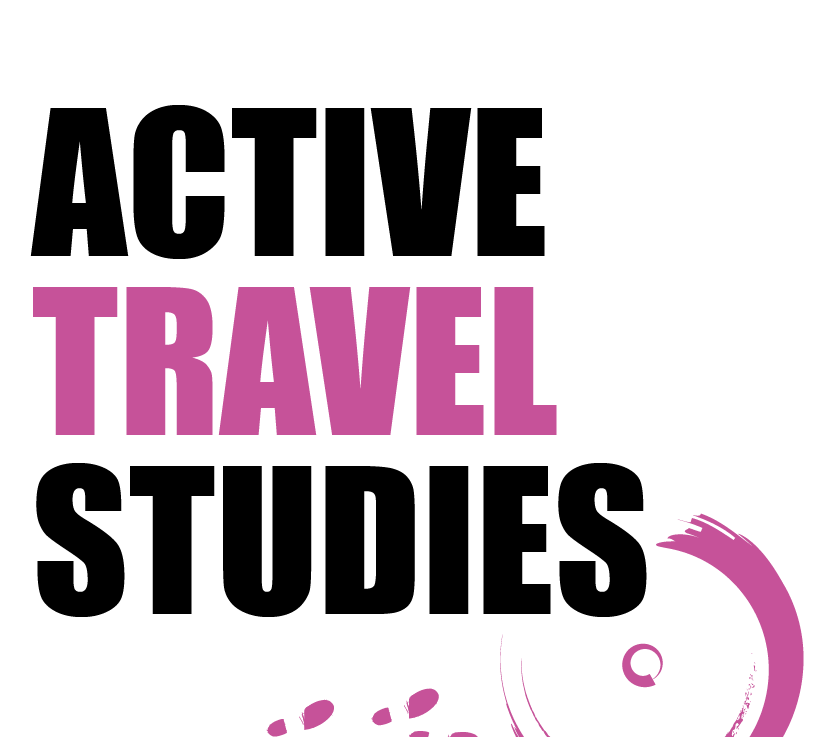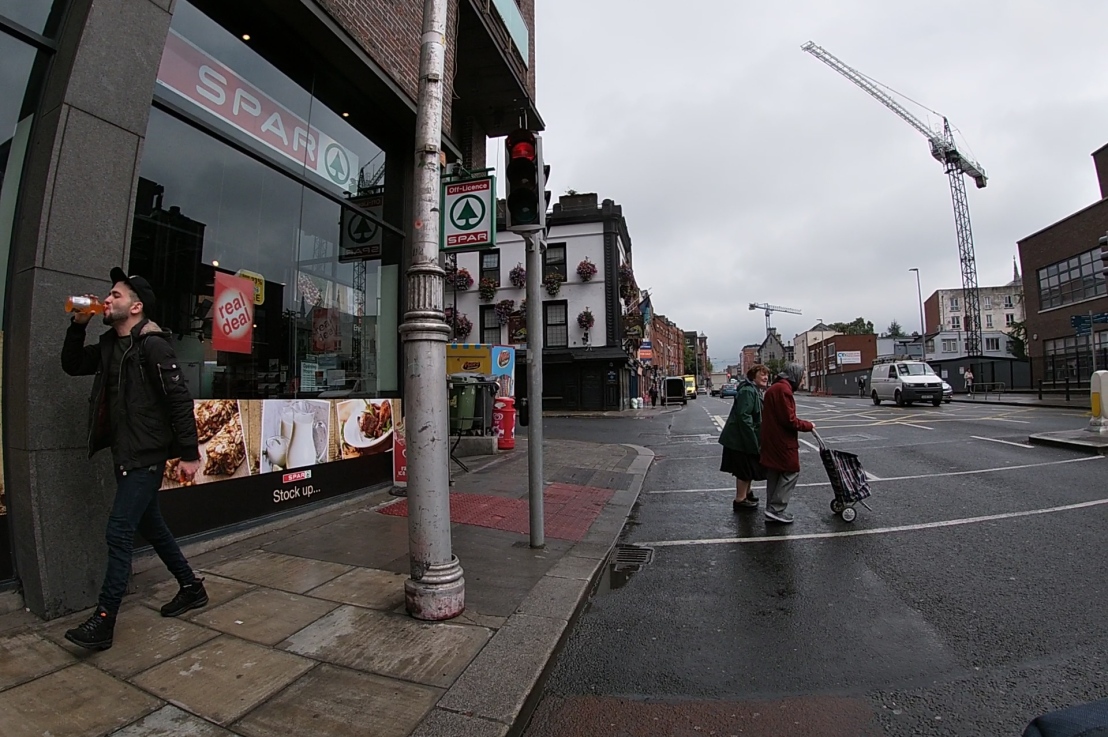Active Studies: An Interdisciplinary Journal launched today for submissions a venture based at the University of Westminster’s Active Travel Academy. Editors Tom Cohen and Rachel Aldred here discuss the thinking behind the journal and outline below the range of published material to be expected and context of current debates on active travel in 2020.
“Active Travel Studies will provide researchers with a natural home for new findings on all aspects of active travel, including but not limited to walking and cycling. As an open-access journal, charging no fees to either authors or readers, it will reduce barriers between those who are producing knowledge on active travel and those who wish to benefit from it.
‘We’re very excited about the journal,’ explains its editor, Dr Tom Cohen. ‘It marks an opportunity for research on active travel to reach a wider audience and to do so without the delay common in academic publishing. The journal will welcome a range of submissions (debates, reviews and interviews, as well as more familiar research articles) and we plan to allow multi-media output as well as more conventional formats.’
‘Another way in which we hope to differ from many journals is in remaining approachable – we welcome the opportunity to discuss with authors their ideas concerning possible submissions. But this will not be at the expense of academic rigour: all submissions will be subject to peer review.’
The journal is launching at what may be an auspicious time, as COVID-19 has provoked both a sharp increase in active travel and heated debate about whether and how that increase can be made permanent. As Cohen puts it, ‘our hope is that the journal can provide sound evidence to inform both this policy transition and others in the future.’
About the Journal
Active Travel Studies is a new, peer-reviewed, open-access journal intended to provide a source of authoritative research on walking, cycling and other forms of active travel. In the context of a climate emergency, widespread health problems associated with inactivity, and poor air quality caused in large part by fossil-fuel transport, the journal is relevant and timely. It will perform the critical function of providing practitioners and policy makers with access to current and robust findings on all subjects relevant to active travel.
We live in times of climate crisis, with illegal levels of air pollution in many cities worldwide, and what has been called an epidemic of physical inactivity. Technological change alone will not solve such problems: we also need major growth in active travel (primarily walking and cycling, but also other active and semi-active types of travel, such as scooters) to replace many shorter car trips. Active modes could even (e.g. through electric assist trikes) help make urban freight much more sustainable. Journals within many fields cover active travel, but literature remains highly segmented and (despite high levels of policy interest) difficult for practitioners to find. Established, mainstream journals are not open access, another barrier to policy transfer and knowledge exchange. Thus, while many towns, cities, and countries seek to increase active travel, the knowledge base suffers from a lack of high-quality academic evidence that is easy to find and obtain. This reinforces practitioner reliance on often lower-quality grey literature, and a culture of relying on ad hoc case studies in policy and practice. This journal provides a bridge between academia and practice, based on high academic standards and accessibility to practitioners. Its remit is to share knowledge from any academic discipline/s (from bioscience to anthropology) that can help build knowledge to support active travel and help remove barriers to it, such as car dependency. Within this normative orientation, it is rigorously academic and critical, for instance not shying away from analysing examples where interventions do not lead to more active travel. It goes beyond immediate policy imperatives to share knowledge that while not immediately change-oriented can contribute to a deeper understanding of, for instance, why people drive rather than walk. As well as publishing relevant new research, the journal commissions both commentary pieces on such research, and critical reviews of the existing literature. Reflecting the diversity of its audience, its content is varied, including written work of different lengths as well as audio-visual material.
For more information on submissions see the journal page ‘About’ and drop down menu for information on editorial team, editorial policies and submissions.





